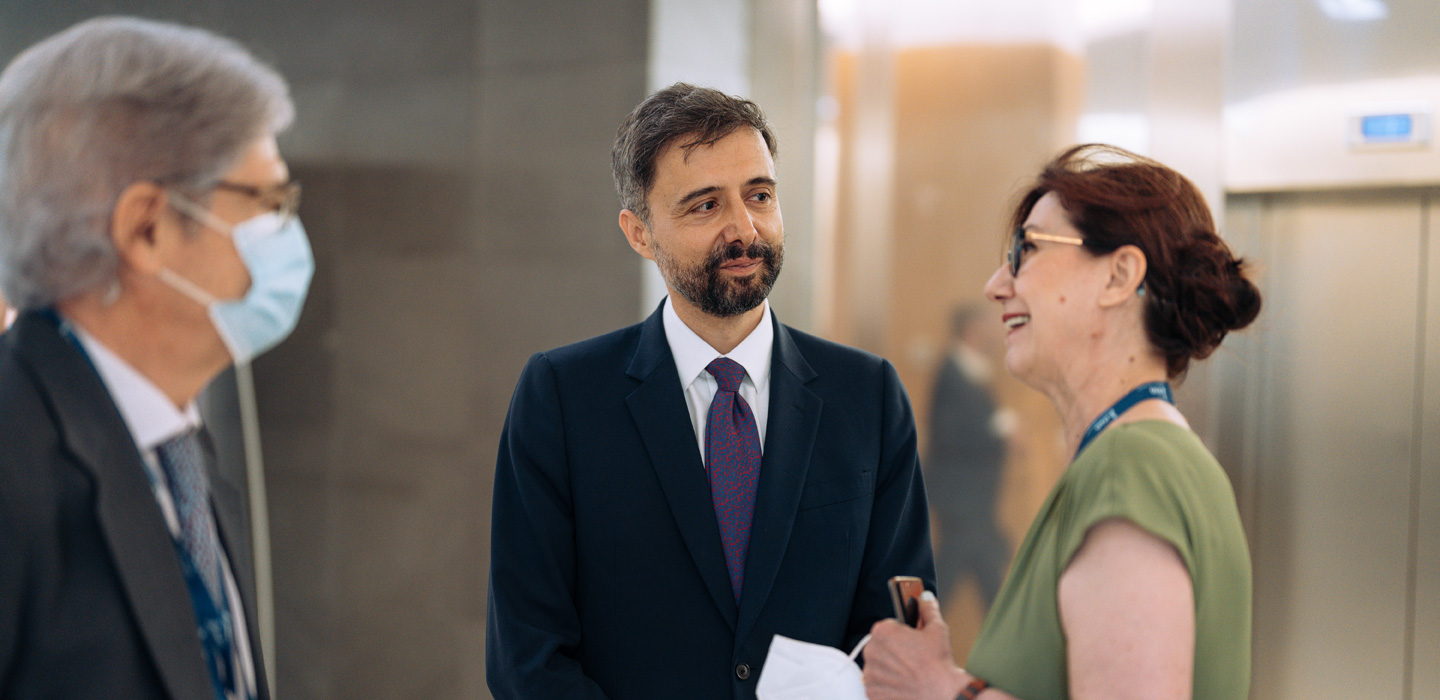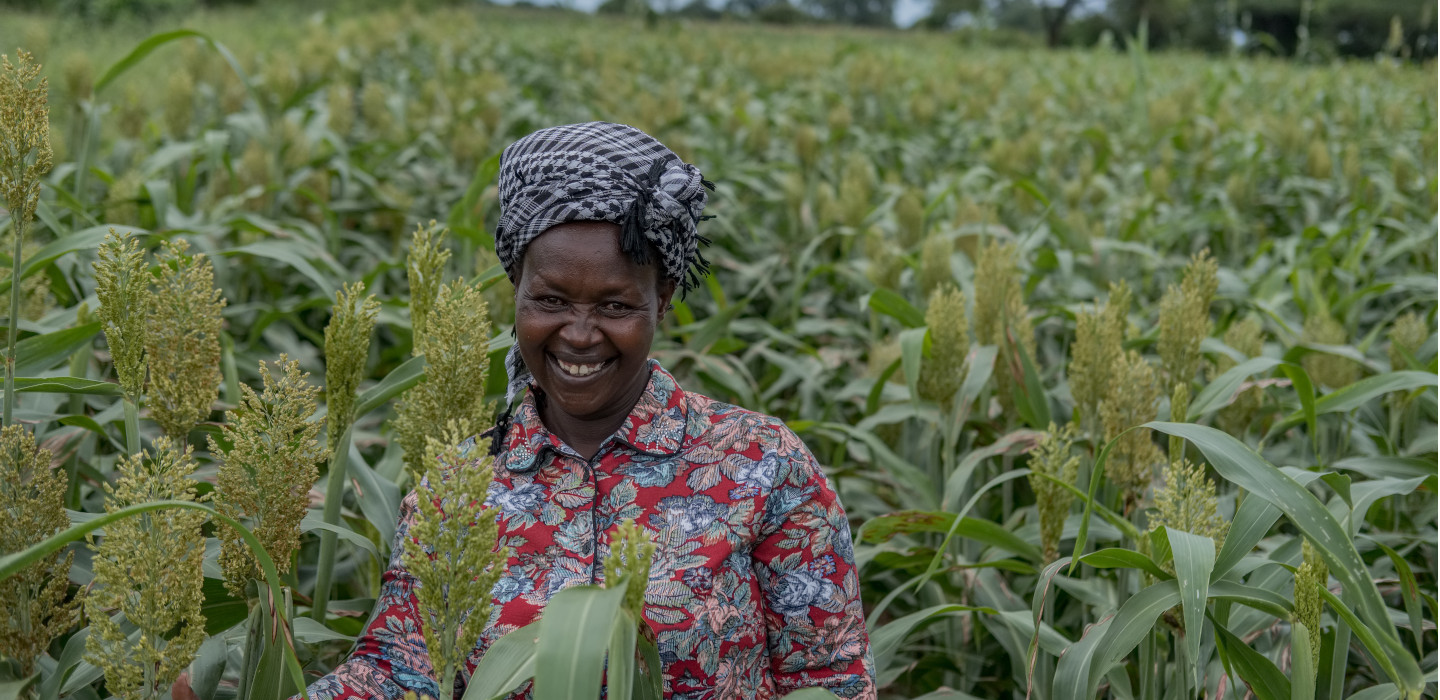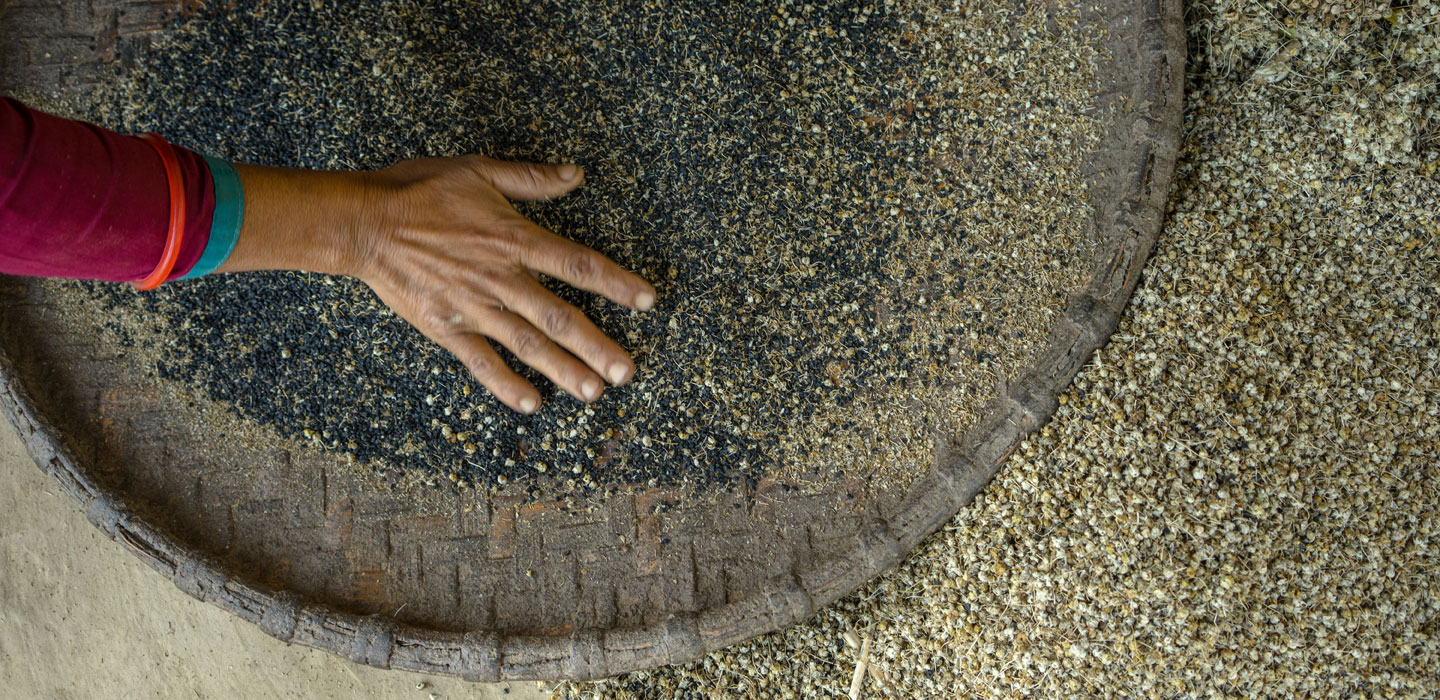European Union

European Union
European Union
The European Union is a unique economic and political union of 27 European countries that together cover much of the continent. The EU and its member states account for more than half of all ODA.
Since 2006, the European Union, through the European Commission (EC), has collaborated with IFAD in financing a series of thematic and country programmes. This relatively recent partnership has grown in multiple and interesting directions, both in terms of funds invested, and the spread of programmes that benefit from that investment.
The partnership is set with the framework of the Financial and Administrative Framework Agreement (FAFA) signed by the European Commission and IFAD in September 2004. Since then the EU has provided more than EUR500 million in financing to IFAD. A relationship of trust, rigour and shared vision has evolved.
Through our partnership, we aim to test new ground in the development arena, and expand into innovative, often cutting edge areas that have the potential to change the future of development.
Over the last seven years, IFAD and the EU have joined forces in emerging areas of mutual and strategic interest: pro-poor agricultural research, remittances for development, support to farmer organization networks, public-private sector partnerships and agricultural risk management.
Working together, IFAD and EU are driving innovation in these areas, and have developed new approaches which are now recognised as critical to achieving the Sustainable Development Goals.
Spotlight
資產出版器
Before and during COVID-19, an e-voucher initiative makes a difference for Kenyan farmers
IFAD welcomes the European Union’s commitment to a new impact fund targeting small agribusinesses across emerging markets
Related news
資產出版器
European Union and IFAD to support Ethiopian rural financial institutions, jobs and livelihoods in the face of the COVID-19
The International Fund for Agricultural Development (IFAD) and the European Union (EU) will provide EUR26.5 million worth of liquidity and debt relief to rural financial institutions to protect jobs and safeguard livelihoods during the COVID-19 pandemic.
La Unión Europea y el FIDA se alían para fortalecer las organizaciones de pequeños agricultores en América Latina
El proyecto Apoyo a las organizaciones de pequeños agricultores en América Latina servirá para fortalecer la estructura y la capacidad productiva y de acesso a mercados de este tipo de organizaciones en la región, gracias a una alianza entre la Unión Europea y el FIDA.
Senegal: IFAD partners with private sector to unleash financial inclusion in rural areas
IFAD has developed two new public-private partnerships to enhance access to cheaper, faster and safer remittances, the hard-earned money sent home by migrant workers. New partnerships aim to increase access to digital and financial services and products across rural areas of Senegal.
Related publications
資產出版器
“Fruiting Africa” for health and wealth
AR4D-PRUNSAR 2019 Consolidated Report
The Putting Research into Use for Nutrition, Sustainable Agriculture and Resilience (PRUNSAR) programme is currently one of the most significant ongoing AR4D programmes. It has a budget of almost US$40 million, mainly from the European Union, of which US$8 million is a contribution from IFAD.
Climate change and food security - Innovations for smallholder agriculture
Climate change is the most compelling challenge facing the world today. It affects rural smallholders across the developing world, with effects that pose a grave threat to their own, and to the world’s food security.

